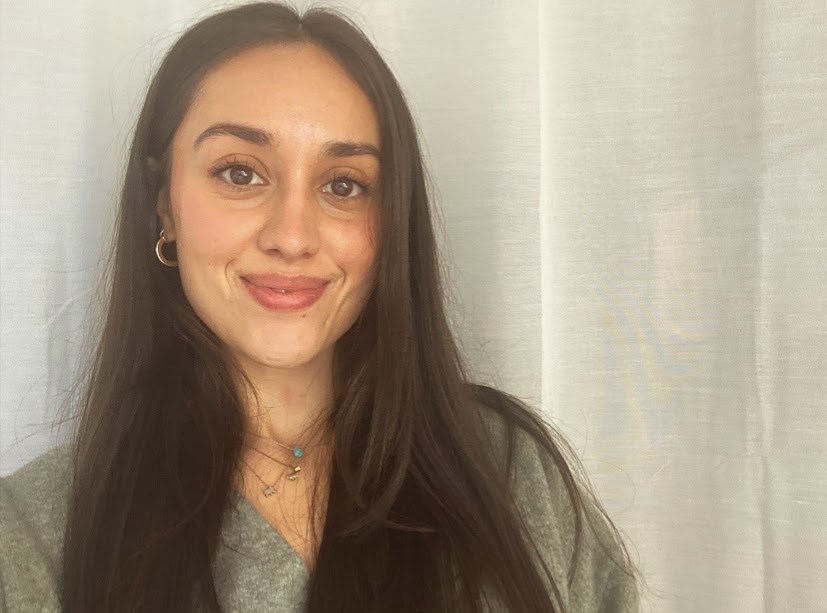
Cultural competency is the cornerstone of any public health program, a critical component of the success of any public health endeavor. According to HRSA, “MCH professionals exhibit cultural (including linguistic) competence through interpersonal interactions and through the design of interventions, programs, and research studies that recognize, respect, and address differences.” Cultural competency was the premise of my work with the Washington D.C Department of Health (D.C DOH) in addressing the outcome of a needs assessment that highlighted the importance of promoting women’s reproductive health and reducing bias and discrimination. The ultimate goal of the initiative was to increase well-woman care and prenatal visits among women in Washington, D.C through a social media campaign. To accomplish this in a culturally sensitive and evidence-based manner, a literature review was conducted to determine the current best practices for social media and the intended audience. This led to a community scan of health care resources for women in D.C, which demonstrated that there was a surplus of resources though they were not meeting the needs of many communities.
The disparities between the different D.C wards were very clear and greatly segregated by socioeconomic status. Historically marginalized and presently vulnerable communities were falling by the wayside and were not being reached by the current public health communication available to them. As the adage says, “modern problems require modern solutions,” so we created a bilingual and relatable Instagram campaign prioritizing users in the most vulnerable wards and increasing the reach of the D.C DOH through the use of hashtags. We created numerous short, digestible, and aesthetically pleasing posts in both English and Spanish that highlighted key messages of the DOH. These are crucial considerations in the effort to advance health equity, which is essentially the goal of this and every other Title V project.
Cultural competence encompasses everything in the word “culture:” the language, practices, beliefs, etc. of a community. It is meeting people where they are and learning from the community about the best ways to reach them. I believe that an important component of cultural competency is the collaboration with team members who bring differing perspectives and experiences to the table, and this partnership was essential in creating our evidence-based and population-informed social media campaign. Social media is an incredible tool to advance the cultural competency of public health professionals because it allows for us to not only immediately engage with populations of interest, but also helps us to learn from them. In a time where communication is of the utmost importance, social media is the conduit of the dissemination of crucial health information to advance population health, the bridge by which we can share the resources and knowledge needed to help with this advancement.
Without cultural competence, there is no health equity and public health programs cannot be successful. Therefore, we are not doing all we can to advance population health. We need to look into our own potential biases, address them, and let the communities of interest inform us on how we can best serve them. At the end of the day public health is all about service, and in maternal and child health we are all working toward the goal of best serving women, children, and families throughout the life course. I am grateful for the opportunity given to me by the Title V Workforce Development Center to work with an incredible internship partner, such as the D.C DOH. We learned so much and got to see the theories we were learning in practice. Cultural competence was at the center of our work which heightened the knowledge we were able to acquire. Though the internship is over, the learning never stops.
As is outlined on the HRSA website, cultural competence “broadly represents knowledge and skills necessary to communicate and interact effectively with people regardless of differences, helping to ensure that the needs of all people and communities are met in a respectful and responsive way in an effort to decrease health disparities and lead to health equity. Becoming culturally competent is an ongoing and fluid process.” I hope to continue this process throughout my career.

